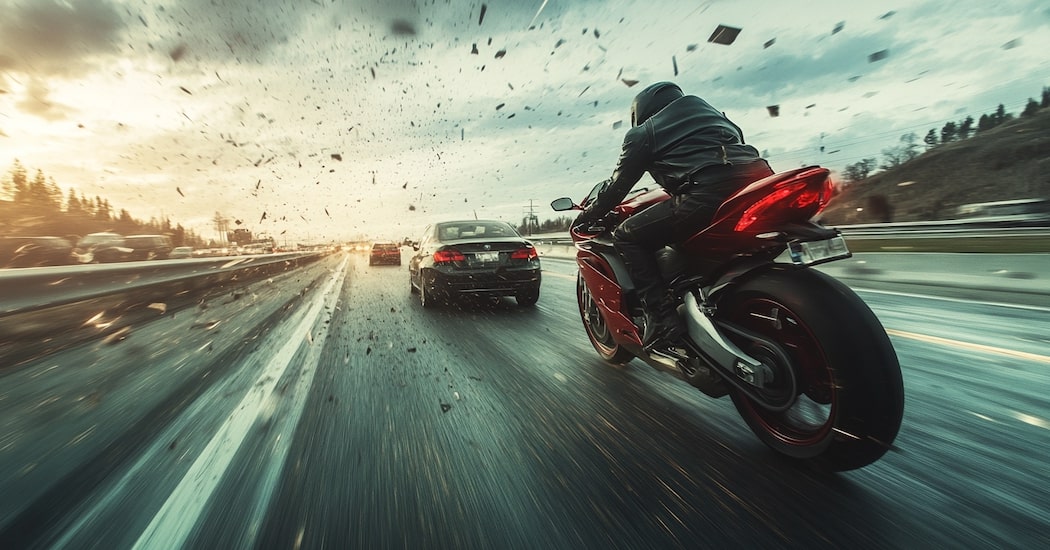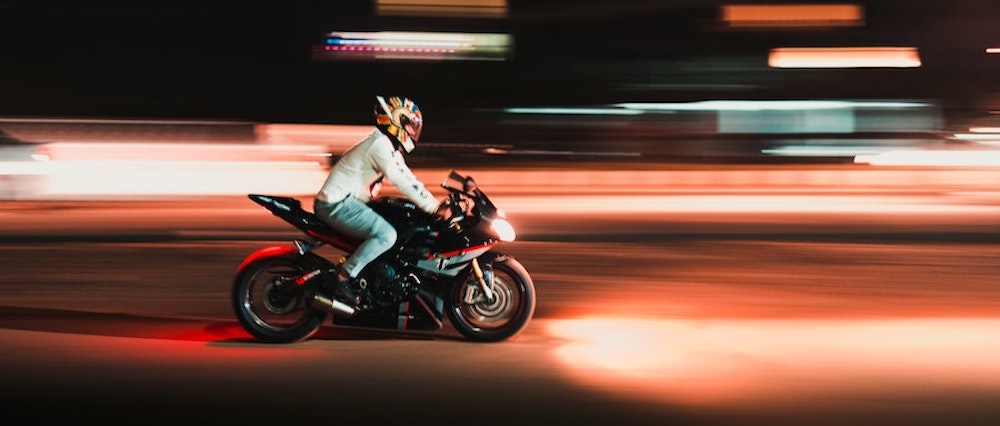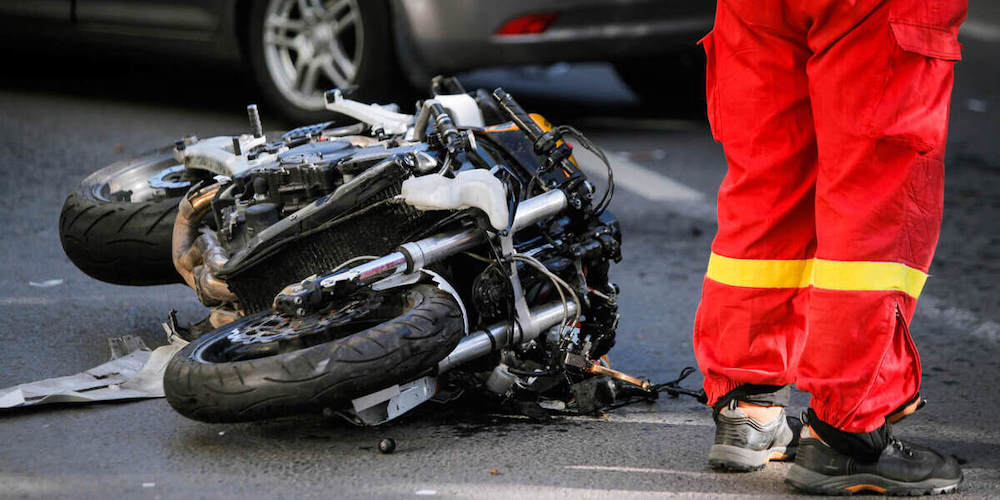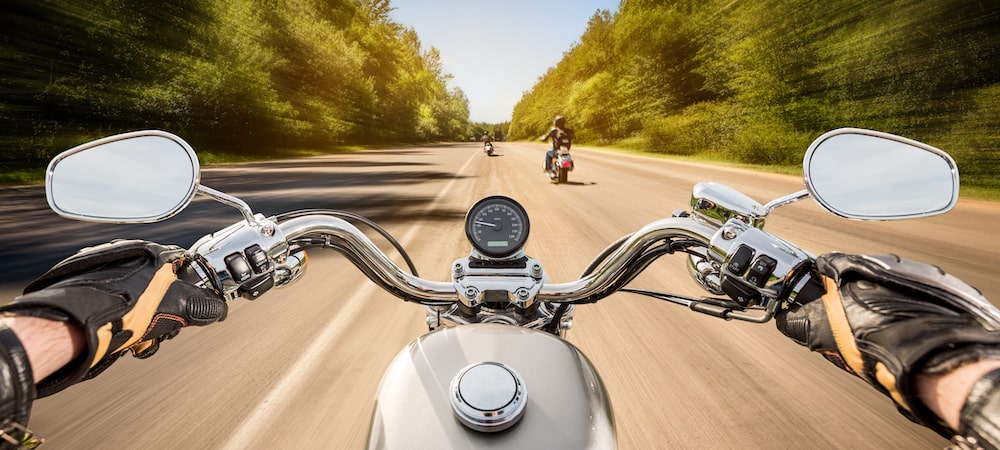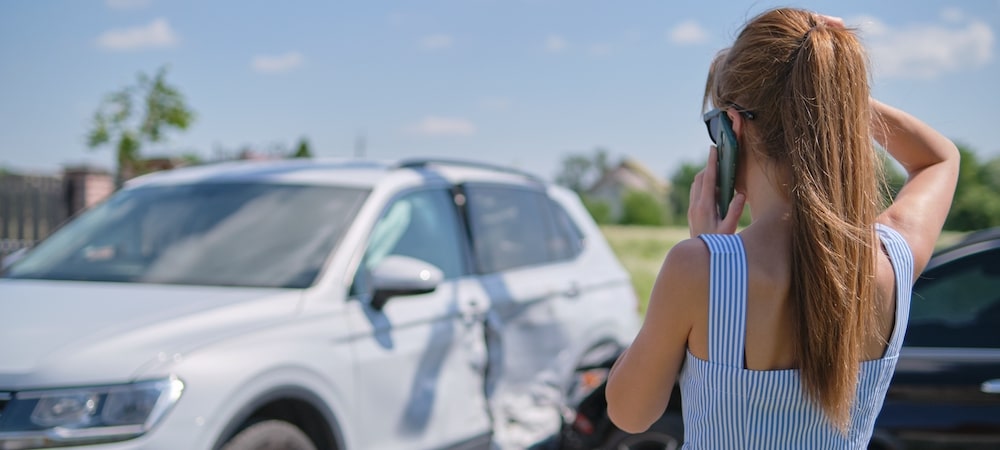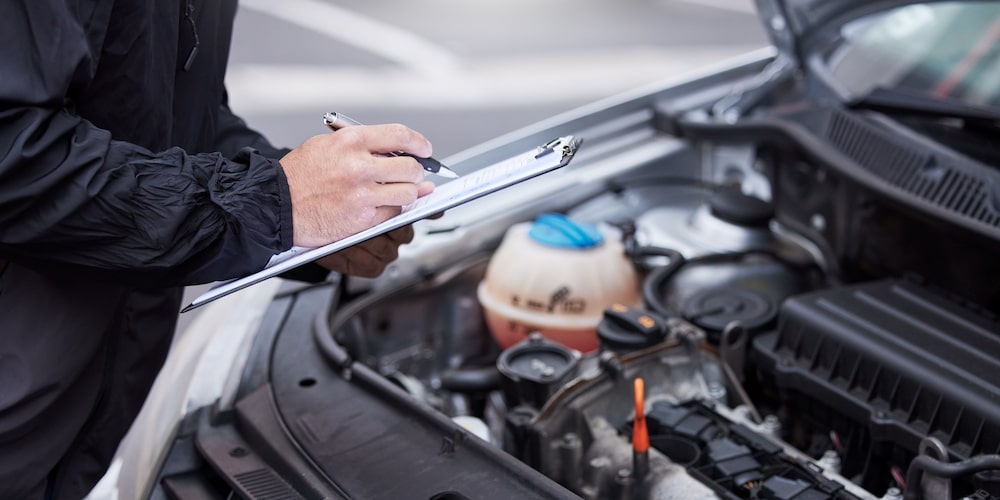Lane filtering is a practice where motorcyclists maneuver between slow-moving or stopped traffic to bypass congestion. While this technique is commonly seen in states with high traffic volumes, its legality varies widely across the United States. In Illinois, lane filtering remains a subject of interest for both motorcyclists and motorists.
If you have been injured in a motorcycle accident, you should seek legal representation from a proven Illinois motorcycle crash law firm as soon as possible.
Lane Filtering vs. Lane Splitting
Before diving into the specifics of motorcycle lane use Illinois law, it is essential to distinguish between lane filtering and lane splitting laws:
- Lane Filtering: The act of motorcyclists navigating between lanes of slow-moving or stopped traffic, typically at intersections or in congested traffic areas.
- Lane Splitting: The continuous movement of motorcyclists between lanes of moving traffic, generally at higher speeds.
Motorcycle riders may want to know: Is motorcycle lane splitting legal under Illinois lane splitting regulations? The answer is “No.” While some states permit or tolerate lane filtering in certain conditions, lane splitting is primarily prohibited across the country. If you split lanes and it leads to a lane splitting motorcycle accident, you may have shared liability for your motorcycle accident injury claim.
Is Lane Filtering Legal in Illinois?
Current Legal Status
Lane filtering is illegal in Illinois as of now. The Illinois Vehicle Code (625 ILCS 5/11-703) explicitly prohibits motorcycles from overtaking or passing another vehicle within the same lane there is an unobstructed lane of traffic available to permit such passing maneuver safely. This statute aligns with the general prohibition against lane splitting and filtering, making any such maneuvers unlawful.
The law states: “No vehicle shall be driven upon the left side of the roadway in overtaking and passing another vehicle proceeding in the same direction unless authorized by law.”
Illinois law requires motorcycles to adhere to the same traffic regulations as other motor vehicles, which means they cannot bypass traffic congestion by moving between lanes.
Consequences of Lane Filtering in Illinois
Under the lane filtering laws Illinois, motorcyclists caught lane filtering may face the following consequences:
- Traffic Citations: Engaging in lane filtering can result in a traffic ticket and fines, which may vary depending on the severity of the violation.
- Points on License: Illinois follows a point system for traffic violations. Accumulating points on your driving record can lead to increased insurance premiums and potential license suspension.
- Liability in an Accident: If a motorcyclist is involved in an accident while lane filtering, they may be held partially or fully at fault, which can impact their ability to recover damages.
- Increased Risk of Injury: Even in states where lane filtering is legal, it poses inherent risks. Motorcycles are already more vulnerable on the road, and lane filtering increases the chances of collisions with unaware drivers.
Arguments For and Against Legalizing Lane Filtering in Illinois
Arguments in Favor of Lane Filtering
Motorcycle advocacy groups and some transportation experts argue that lane filtering should be legalized in Illinois for the following reasons:
- Traffic Congestion Reduction: Allowing motorcyclists to filter through stopped traffic can help alleviate congestion, leading to smoother traffic flow for all motorists.
- Reduced Rear-End Collisions: Motorcyclists are often at risk of being rear-ended in stop-and-go traffic. Lane filtering can provide an escape route, reducing such accidents.
- Environmental Benefits: Motorcycles spend less time idling in traffic, reducing emissions and fuel consumption.
- Precedents from Other States: States like Utah and Arizona have recently introduced lane filtering laws, citing safety benefits and traffic efficiency.
Arguments Against Lane Filtering
Opponents of lane filtering cite various safety and enforcement concerns, including:
- Driver Awareness Issues: Many drivers are unaccustomed to motorcycles weaving through lanes, increasing the risk of side-impact collisions.
- Enforcement Challenges: Distinguishing legal filtering from illegal lane splitting can be difficult, leading to inconsistent enforcement.
- Potential for Road Rage: Some drivers may react aggressively when motorcyclists pass them in slow-moving traffic.
- Safety Concerns: In dense traffic, motorcycles may have limited maneuverability, increasing the risk of collisions with opening car doors or lane-changing vehicles.
Legislative Efforts on Lane Filtering in Illinois
While Illinois has yet to legalize lane filtering, there have been discussions among lawmakers regarding the potential benefits and risks. Some motorcycle advocacy groups continue to push for legislative changes, proposing guidelines similar to some states where filtering is allowed under specific conditions:
- Only at intersections with stopped traffic.
- The maximum speed limit is 15 mph while filtering.
- Permitted only on roads with multiple lanes in the same direction.
As of 2025, no formal legislation has been introduced in Illinois to legalize lane filtering. However, motorcyclists are encouraged to stay informed about potential policy changes.
What Should Illinois Motorcyclists Do?
Until Illinois enacts any new laws regarding lane filtering, motorcyclists should adhere to the current legal restrictions. Here are some key recommendations:
- Obey Traffic Laws: Avoid lane filtering and always follow standard lane-usage rules.
- Stay Visible: Use bright gear and proper lighting to ensure visibility in traffic.
- Use Defensive Riding Techniques: Anticipate driver movements and be prepared for sudden lane changes.
- Advocate for Change: If you support lane filtering, consider joining motorcycle advocacy groups to promote legislative changes.
Is Lane Sharing Allowed in Illinois?
Yes, lane sharing is allowed in Illinois under specific conditions. Illinois law permits two motorcycles to ride side by side in the same lane, also known as two-abreast riding. However, sharing more than two motorcycles in a single lane is prohibited.
In Illinois, lane sharing is permitted under 625 ILCS 5/11-703(c) of the Illinois Vehicle Code with the condition: “A motorcycle can only pass another vehicle on the right if there is a clear, unobstructed traffic lane that allows for safe passing.”
In addition, 625 ILCS 5/11-703(d) clarifies: “Motorcyclists must leave at least 3 feet of space when passing a bicycle or individual traveling in the same direction and maintain that distance until they have passed safely.”
Key Points About Lane Sharing in Illinois:
- Legal for Two Motorcycles – Illinois law explicitly allows two motorcyclists to share a lane side by side subject to certain conditions.
- Not Allowed for Cars and Motorcycles – A motorcycle cannot share a lane with a car or other larger vehicle.
- Safety Considerations – While legal, lane sharing requires experienced riders who trust each other’s riding habits to ensure safety.
Can Motorcyclists Use the Shoulder to Bypass Traffic?
No, motorcyclists cannot use the shoulder to bypass traffic in Illinois. Under 625 ILCS 5/11-709.1(a) of the Illinois Vehicle Code, motorcycles must follow the same lane-use rules as other vehicles. It says: “Vehicles must stay on the main roadway and are only allowed to use the shoulder when stopping or when gaining speed to merge safely into traffic. Driving on the shoulder for any other purpose is not permitted.”
Since the shoulder is not considered part of the roadway, motorcycles are prohibited from riding on it to bypass traffic. In addition, 625 ILCS 5/11-703(d) states that a bike cannot pass a bicycle or individual in the same lane unless there is a safe distance of at least 3 feet.
How Our Illinois Motorcycle Accident Lawyer Will Prove Liability of the Negligent Driver
When a negligent driver and their insurance company try to shift the blame onto you by falsely claiming that you were lane filtering, our Illinois motorcycle accident attorneys at 844SeeMike Personal Injury Lawyers will aggressively fight back with compelling evidence to establish their liability.
Traffic Camera and Surveillance Footage
We will obtain video footage from nearby traffic cameras, businesses, and dashcams to clearly show the accident sequence and disprove false allegations of lane filtering. Early legal representation following a motorcycle accident will help us move fast to collect and preserve this evidence.
Eyewitness Testimony
Independent witnesses can provide crucial testimony regarding the driver’s reckless behavior, such as speeding, distracted driving, or unsafe lane changes that led to the lane filtering or lane splitting accident.
Police Reports and Officer Testimony
The official police accident report may contain vital details about who was at fault, road conditions, and any citations issued to the negligent driver. If necessary, we will subpoena the responding officer to testify.
Accident Reconstruction Analysis
Our legal team will collaborate with accident reconstruction experts, who will analyze skid marks, impact points, and vehicle damage to scientifically prove the driver’s liability in a lane-filtering Illinois accident.
Medical Records and Helmet Cam Footage
Your medical records will establish the severity of your injuries, and helmet camera footage (if available) may serve as direct evidence of the crash. You should seek medical treatment urgently following a motorcycle accident for your safety, as well as for a legal perspective.
Get Our Experienced Illinois Motorcycle Accident Attorneys on Your Side
If you have been injured in a motorcycle accident, don’t let the insurance company take advantage of you. At 844SeeMike Personal Injury Lawyers, we are strongly positioned to recover maximum compensation for you, backed by 50+ years of combined experience and a proven record of large settlements and verdicts.
With 1,000+ reviews and a 4.9-star Google rating, we are known for our aggressive legal representation and relentless pursuit of justice. To schedule your free consultation, call us at 312-786-442 or contact us online.

